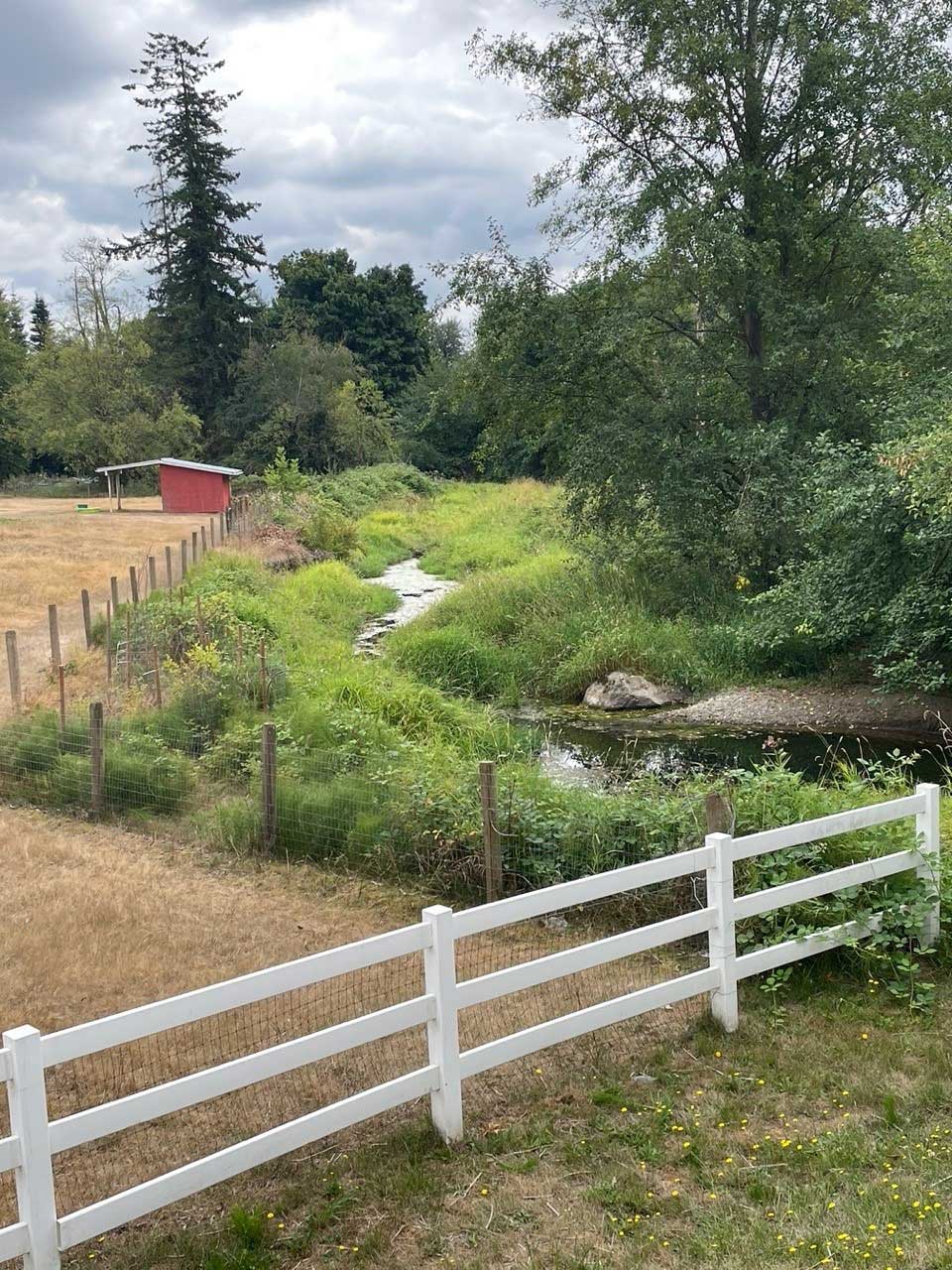Conservation Fiscal Incentive Project
BC Local Government Grants to Advance Biodiversity Conservation on Private Lands
Applications for this grant closed April 30, 2024 — thanks to all who applied! The project information is here for reference of all interested.
There are challenges to biodiversity conservation in British Columbia since a large proportion of biodiversity, including species and ecosystems at risk, are within valley bottoms and coastal areas that are composed mostly of private land parcels.
Incentive tools for private landowners to undertake conservation actions are not available in all parts of the province. Where they are available, there are access and implementation challenges. To begin to address these challenges, the Fraser Basin Council, in partnership with the Province of British Columbia, offered a one-time grant in Spring 2024. The grant was to help local governments explore opportunities for funding conservation tools and incentives on private land so as to enable and expand the role of local governments in conservation.
Supporting Local Governments in Conservation
Participating local governments can use the grant to explore a private landowner incentive model to achieve biodiversity conservation and climate action goals through carbon storage or sequestration. The grant could also be used as seed funding to investigate how to support private land conservation by developing agreements directly with private landowners. Activities may include:

Fencing helps safeguard a steam and riparian area from impacts of livestock – an example of improved stewardship on private land.
Collaboration
This grant recognizes the role of local governments in private land use decisions, for example, by developing zoning bylaws, development permit areas and official community plans.
Local governments also have an important role to play in building relationships with First Nations that can bring benefits to both communities and enhance reconciliation. We encourage local governments to work directly with First Nations in their local and regional areas and provide details on their engagement process.
Working in partnership with other agencies on new or existing regional conservation efforts is also encouraged.
Stewardship Before & After Pictures
The left photo is an example of a degraded streambank in need of restoration.
The right photo, the same streambank, shown after work was done for restoration, in this case via protective fencing and plantings.


Photos: Elodie Roger
Acknowledgements
This grant was made possible by the Conservation Fiscal Incentives Project (CFIP), funded through the Province of B.C. and Environment and Climate Change Canada’s Nature Smart Climate Solutions Fund. The Purpose of the CFIP is to develop recommendations for provincial actions to support fiscal incentives that make positive impacts to biodiversity conservation and to carbon storage and sequestration on private lands in B.C. Through case studies with non-government organizations and local governments, we can learn how some fiscal incentives work on private lands and how they could be better supported or expanded.




